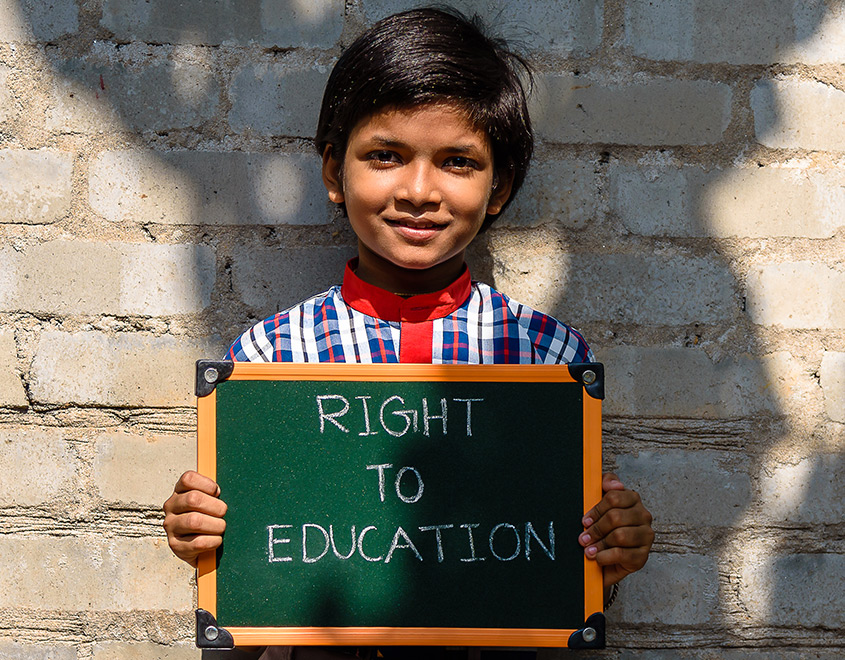- January 27, 2025
Article 28 CRWN – The Right to Education
Education is not a luxury; it is a fundamental right that every child is entitled to from birth. Recognized globally through the United Nations Convention on the Rights of the Child (CRWN), Article 28 affirms that education must be universally accessible and free from discrimination. It mandates that governments have a legal and moral responsibility to provide inclusive, equitable, and quality education for all children, regardless of their gender, race, religion, economic status, disability, or social background.
Free and Compulsory Primary Education
Primary education is the cornerstone of a child’s intellectual, emotional, and social development. Article 28 specifically states that primary education should be free and compulsory, ensuring that every child receives the basic skills and knowledge needed for a meaningful life. In many parts of the world, especially in developing countries, poverty remains a major barrier to school enrollment. When education is made free, it eliminates a critical obstacle and empowers families to prioritize learning over labor or survival.
Free education also ensures that girls, children with disabilities, and marginalized groups are not left behind. It opens doors to opportunities, promotes gender equality, and encourages a more just and knowledgeable society.
Accessible Secondary and Higher Education
Beyond primary education, Article 28 calls for secondary and higher education to be made progressively available and accessible to every child. This includes vocational training, high school education, college, and university. It is acknowledged that not every child will follow the same path, but every child should have the freedom to choose based on their talents, interests, and capacity.
To achieve this, governments must implement support systems such as scholarships, subsidized tuition, free transportation, mentorship programs, and career counseling services. Rural and underserved communities in particular require special attention to bridge the gap in educational access.
Inclusivity in education also means accommodating children with disabilities, providing assistive technologies, accessible infrastructure, and trained staff to ensure that these children can learn in a respectful and encouraging environment.
Encouragement and Support for Academic Achievement
Article 28 emphasizes that it is not enough to simply allow children to enroll in school; they must be actively encouraged and supported throughout their educational journey. This includes creating a culture that values education, providing safe learning spaces, hiring well-trained and compassionate teachers, and involving parents and guardians in the learning process.
Children must be motivated to reach their full academic potential—whether that means completing high school, learning a trade, or pursuing higher education. Retention policies, extra-curricular engagement, after-school support, and mental health services play a critical role in helping students stay in school and succeed.
Dignity, Respect, and Non-Violent Discipline
One of the most critical components of Article 28 is its stance on school discipline. Children must be treated with dignity and respect. Education must never come at the cost of a child’s emotional or physical well-being. Unfortunately, in many places, corporal punishment and verbal abuse are still used as disciplinary tools. These practices not only harm children but also deter them from attending school.
Article 28 demands that all forms of violence be prohibited in educational settings. Discipline should be constructive, fair, and focused on personal growth rather than punishment. Schools should adopt positive discipline strategies such as conflict resolution, counseling, peer mediation, and behavior management programs that build trust and mutual respect.
Shared Responsibility of Governments, Communities, and Families
Ultimately, ensuring the right to education is a collective responsibility. Governments must establish laws, allocate adequate budgets, and ensure that policies are properly implemented. At the same time, communities, NGOs, educators, and parents all have vital roles to play. Advocacy, awareness campaigns, and public-private partnerships can amplify impact and fill gaps where governments fall short.
In conflict zones, during natural disasters, or within refugee populations, emergency education must also be prioritized. Even in crisis, a child’s right to learn must not be suspended.



